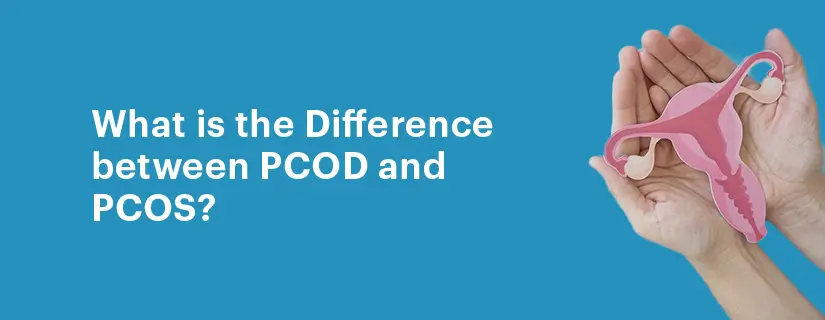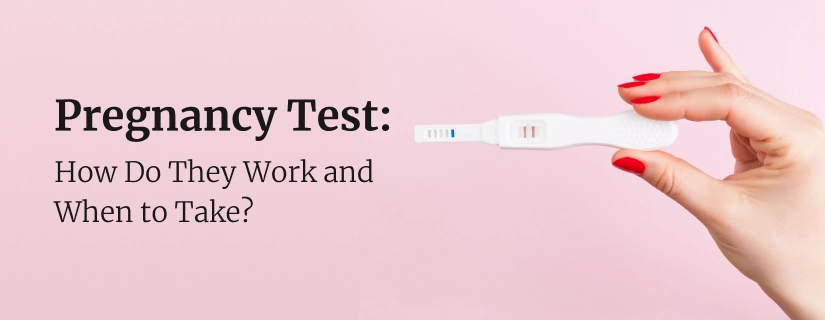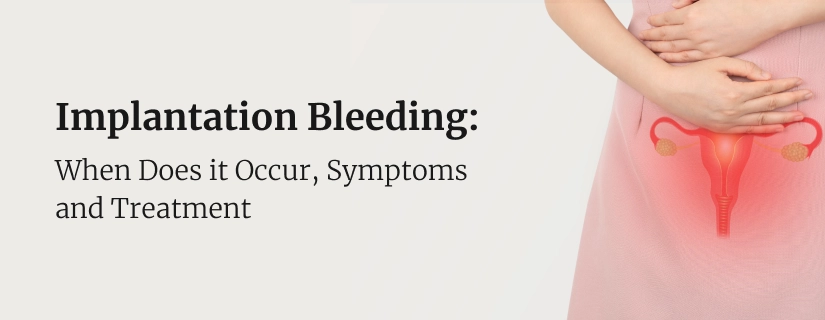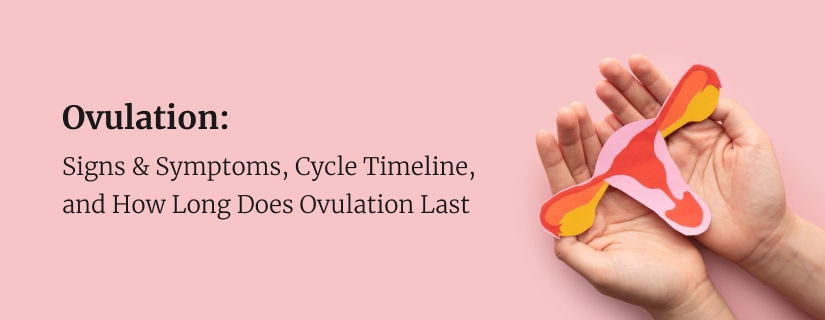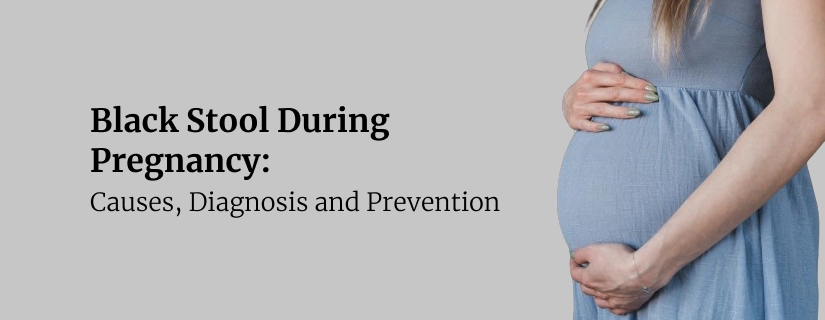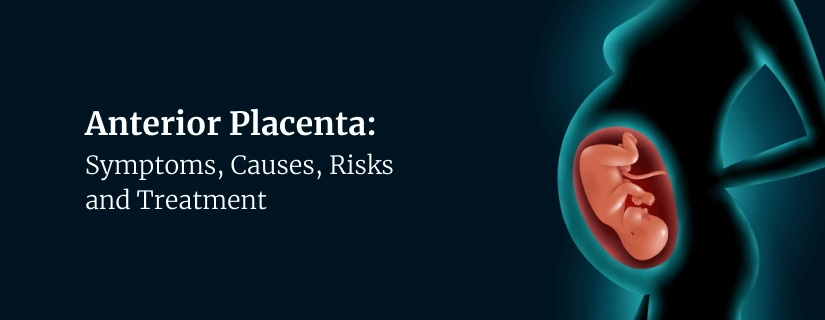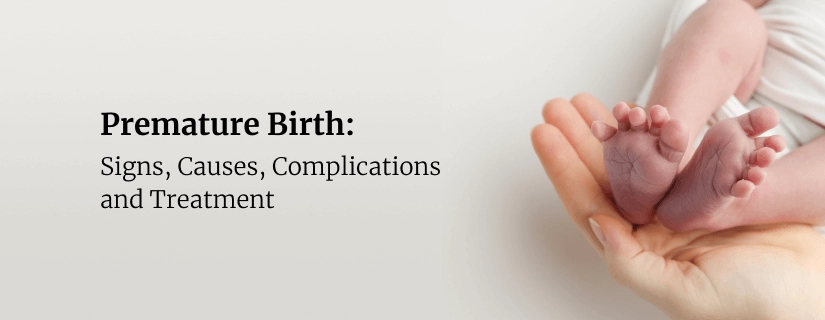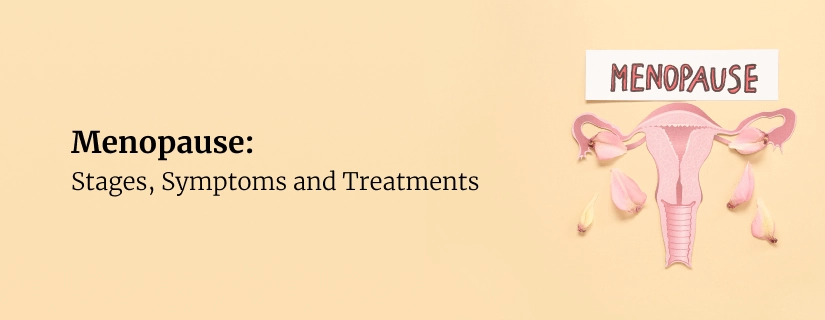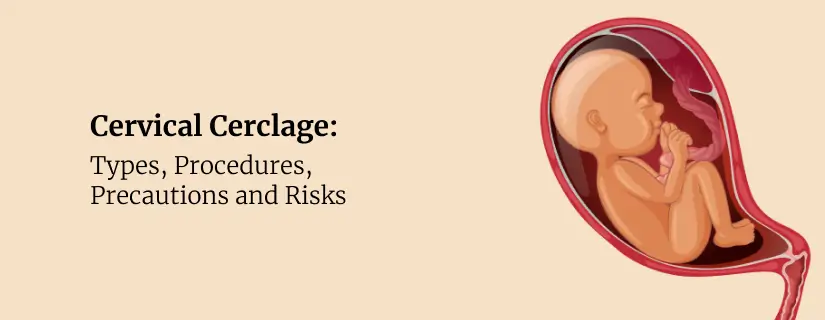-
Doctors
-
Specialities & Treatments
Centre of Excellence
Specialties
Treatments and Procedures
Hospitals & Directions HyderabadCARE Hospitals, Banjara Hills CARE Outpatient Centre, Banjara Hills CARE Hospitals, HITEC City CARE Hospitals, Nampally Gurunanak CARE Hospitals, Musheerabad CARE Hospitals Outpatient Centre, HITEC City CARE Hospitals, Malakpet
HyderabadCARE Hospitals, Banjara Hills CARE Outpatient Centre, Banjara Hills CARE Hospitals, HITEC City CARE Hospitals, Nampally Gurunanak CARE Hospitals, Musheerabad CARE Hospitals Outpatient Centre, HITEC City CARE Hospitals, Malakpet Raipur
Raipur
 Bhubaneswar
Bhubaneswar Visakhapatnam
Visakhapatnam
 Nagpur
Nagpur
 Indore
Indore
 Chh. Sambhajinagar
Chh. SambhajinagarClinics & Medical Centers
Book an AppointmentContact Us
Online Lab Reports
Book an Appointment
Consult Super-Specialist Doctors at CARE Hospitals
Precautions and Tips to Avoid High-Risk Pregnancy
Updated on 24 June 2019

While pregnancy should be a natural and risk-free process for most, there are chances that some may face what is called a high risk pregnancy care. A pregnancy is considered a high-risk one if there are potential complications that may compromise with the health of the baby, the mother, or both.
There are certain risk factors that predispose certain people to such a pregnancy, including maternal age, wherein ages before 17 and over 35 stand a greater risk; medical conditions such as high blood pressure, diabetes, autoimmune diseases, lung/kidney/heart problems, or any other complications during pregnancy or delivery.
Can high-risk pregnancy be prevented?
High-risk pregnancies can't always be entirely prevented, as some risk factors may be beyond one's control, such as age or certain medical conditions. However, there are steps that individuals and healthcare providers can take to reduce the risk and manage the pregnancy more effectively.
Tips to prevent having a high-risk pregnancy
There are a few high-risk pregnancy precautions that can take, and a few tips to avoid high risk pregnancy. Read further to know them.
-
Preconception appointment - You can take a few steps even before conception. Scheduling a preconception appointment at a high-risk pregnancy hospital can help your health care provider to reach a healthy weight before getting pregnant, prescribe essential vitamins, adjust treatments and discuss the risks you might have because of your health conditions. This may reduce the risk of developing a high-risk pregnancy in the future.
-
Regular visits to the health care provider - Prenatal care is essential to monitor your health and the baby’s development. You may be referred to a specialist if the situation calls for it, and any queries or concerns can be addressed. The sooner a problem is diagnosed, the better are the chances to manage it.
-
Eat a healthy diet - This may sound obvious but you will need certain things such as folic acid, calcium, protein and iron to supplement your body during pregnancy. You will also need to gain weight accordingly in order to support your baby’s health. This also means that you will have to avoid substances such as alcohol, tobacco, etc.
-
Managing anxiety - Anxiety can be detrimental to both the mother’s and baby’s health. You must consult your health care provider and ask him/her to suggest feasible ways to relax and remain calm in the face of difficulties. A few techniques such as suggested exercise or music can help reduce unnecessary stress.
-
Tests - Maternity hospitals in India may ask you to take a few tests such as an ultrasound, a chorionic villus sampling, cordocentesis, ultrasound for cervical length lab tests and a biophysical profile to monitor the baby’s development and manage the risks accordingly. Some prenatal diagnostic tests such as amniocentesis and chorionic villus sampling carry a small risk of loss of pregnancy and so the decision to get these done is completely up to the mother and her partner, after a discussion with the health care provider from the best hospital for high-risk pregnancy.
-
Risk symptoms - Always be on the lookout for symptoms such as vaginal bleeding, pain or cramping in the lower abdomen, severe headaches, contractions, decreased foetal activity, pain or burning during urination, water vaginal discharge, and changes in vision. Do not overlook this and refer to a maternity CARE Hospitals in Hyderabad or the nearest city immediately.

ENQUIRY FORM
SELECT CATEGORIES
-
Neurosciences (16)
-
Neurology (37)
-
Neurosurgery (14)
-
Orthopaedics (48)
-
Oncology (33)
-
Obstetrics and gynecology (51)
-
Pulmonology (23)
-
Urology (20)
-
Nephrology (13)
-
Psychiatry (7)
-
Dietetics and Nutrition (111)
-
General Medicine (63)
-
Cardiac Sciences (30)
-
Vascular & Endovascular Surgery and Interventional Radiology (10)
-
Gastroenterology (46)
-
Endocrinology (23)
-
Plastic Surgery (10)
-
Critical Care Medicine (5)
-
COVID-19 (16)
-
Dermatology (16)
-
Emergency Care (1)
-
Ophthalmology (4)
-
Pediatrics (14)
-
Laparoscopic and Bariatric Surgery (8)
-
ENT (15)
-
Kidney Transplant (1)
-
Liver Transplantation and Hepatobiliary Surgery (5)
-
General Surgery (3)
-
Internal Medicine (5)
-
Medicine Information
3 Major Health Tips for Pregnant Women
Tips to Deal with a Few Discomforts During Pregnancy
YOU MAY ALSO LIKE
RECENT BLOGS
-

Direct Anterior Approach in Total Hip Replacement: Advantages and Challenges
10 April 2025
Read More
-

Zinc Deficiency: Signs and Symptoms, Causes, Treatment
9 April 2025
Read More
-

Chest Pain When Coughing: Causes, Treatment and Home Remedies
9 April 2025
Read More
-

12 Health Benefits of Eating Mushrooms
8 April 2025
Read More
-

7 Health Benefits of Blood Donation You Should Know About
8 April 2025
Read More
-

Implantation Bleeding Vs Periods: Know the Difference
28 February 2025
Read More
-

Bloating During Ovulation: Symptoms, Causes and Remedies
28 February 2025
Read More
-

Itching During Dengue: Causes, Treatment and Home Remedies
18 February 2025
Read More
Have a Question?
If you cannot find answers to your queries, please fill out the enquiry form or call the number below. We will contact you shortly.














